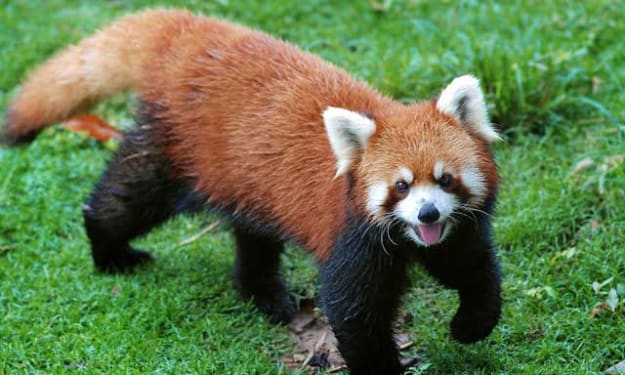The Science of Animal Sleep: Uncovering the Mysteries
Exploring how animals snooze and why it matters for their survival and ours

Sleep is a universal language that transcends species. While humans spend a significant amount of time sleeping, animals also require rest to function optimally. The science of animal sleep is a fascinating field that has garnered significant attention in recent years. From the upside-down snoozing of jellyfish to the unihemispheric slow-wave sleep of dolphins, each species has evolved unique sleep patterns that are essential for their survival.
_Sleep Patterns in Animals_
Sleep patterns in animals vary greatly depending on their size, diet, and physiology. Small animals like mice and bats sleep more frequently than larger animals like elephants and whales. This is because smaller animals have faster metabolisms, which generate more waste products that need to be cleared during sleep. In contrast, larger animals have slower metabolisms and can afford to sleep less.
_Survival Mechanisms_
Sleep serves as a survival mechanism for animals. It helps them conserve energy, repair damaged tissues, and boost their immune system. For prey animals, sleep is a risky affair, and they have evolved unique strategies to sleep safely. For example, some animals sleep in short snatches, while others sleep with one eye open, literally.
_Unihemispheric Slow-Wave Sleep_
Dolphins, some species of birds, and seals exhibit unihemispheric slow-wave sleep (USWS), where one half of the brain remains awake while the other half sleeps. This unique sleep pattern allows them to rest while remaining vigilant for predators. For example, sleeping dolphins will keep the eye corresponding to the awake half of their brain open, allowing them to watch for potential threats.
_Importance of Sleep_
Sleep is essential for animals, and deprivation can lead to severe consequences. Studies have shown that sleep-deprived animals are more likely to succumb to disease, have impaired cognitive function, and even die. The importance of sleep is not limited to animals; humans also require adequate sleep to function optimally.
_Evolutionary Advantage_
Sleep has evolved as a crucial component of an animal's life, and its importance is reflected in the unique sleep patterns of each species. While sleep may seem like a luxury, it is a necessity for survival. The study of animal sleep patterns offers valuable insights into the evolutionary advantage of sleep and its role in the survival of species.
In conclusion, the science of animal sleep is a fascinating field that offers a glimpse into the unique sleep patterns of various species. By studying animal sleep, we can gain a deeper understanding of the importance of sleep and its role in the survival of species. Whether it's the upside-down snoozing of jellyfish or the unihemispheric slow-wave sleep of dolphins, each species has evolved unique sleep patterns that are essential for their survival.
About the Creator
AUGUSTINE MERCY DIBIO
Professional Animal behavior writer. ❤️
Learn more about your favorite animal/pet behavior here 📚
Come with your dictionary 🥴
Enjoyed the story? Support the Creator.
Subscribe for free to receive all their stories in your feed. You could also pledge your support or give them a one-off tip, letting them know you appreciate their work.






Comments
There are no comments for this story
Be the first to respond and start the conversation.